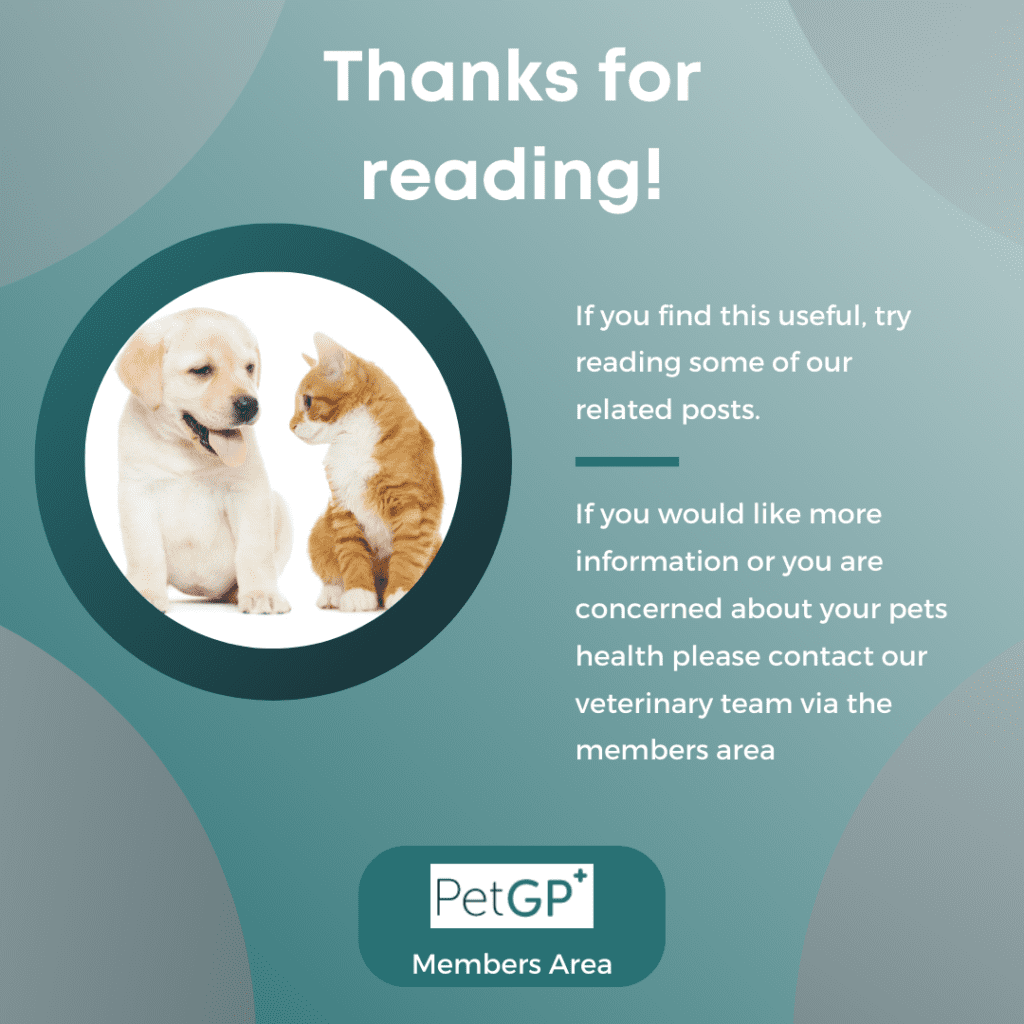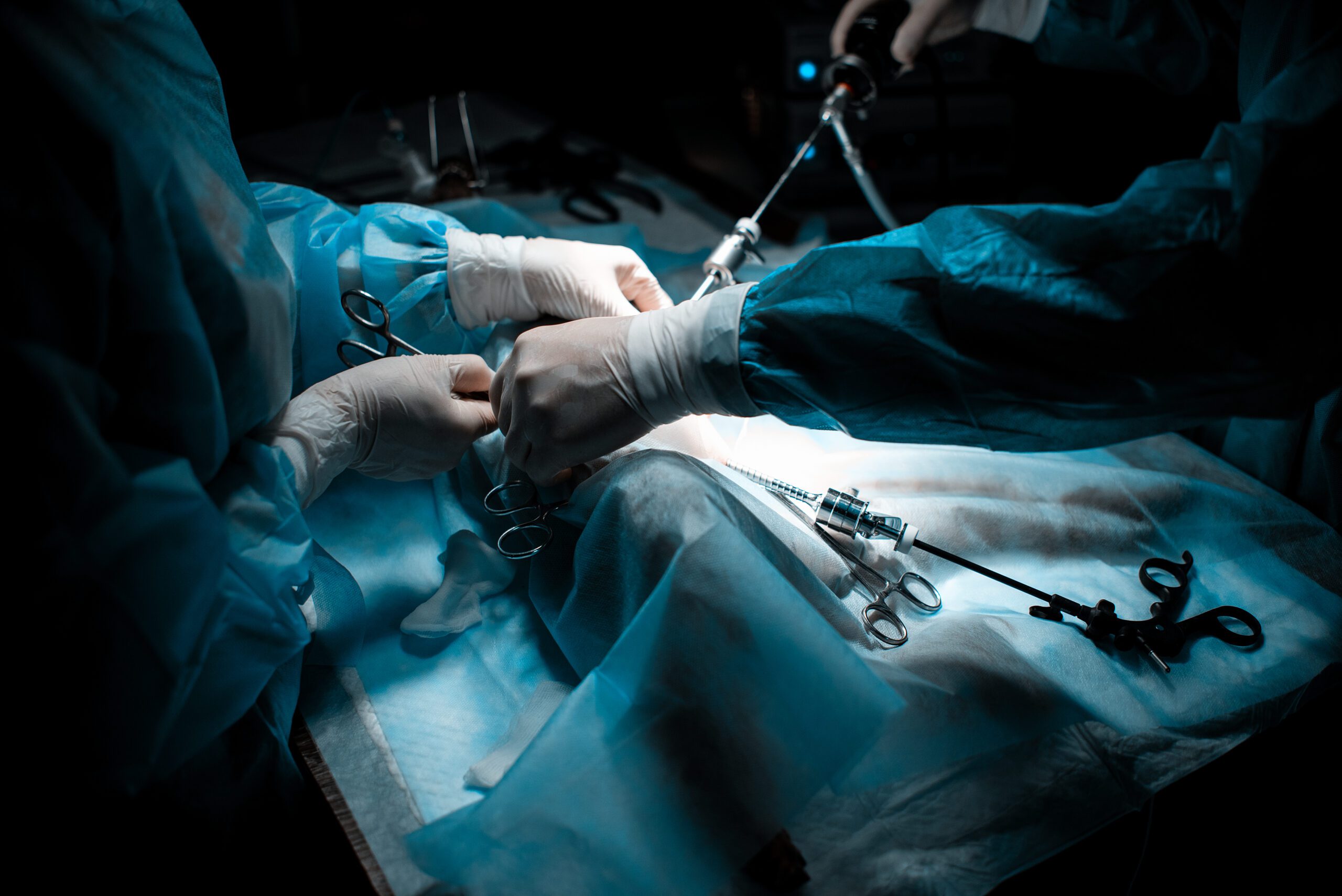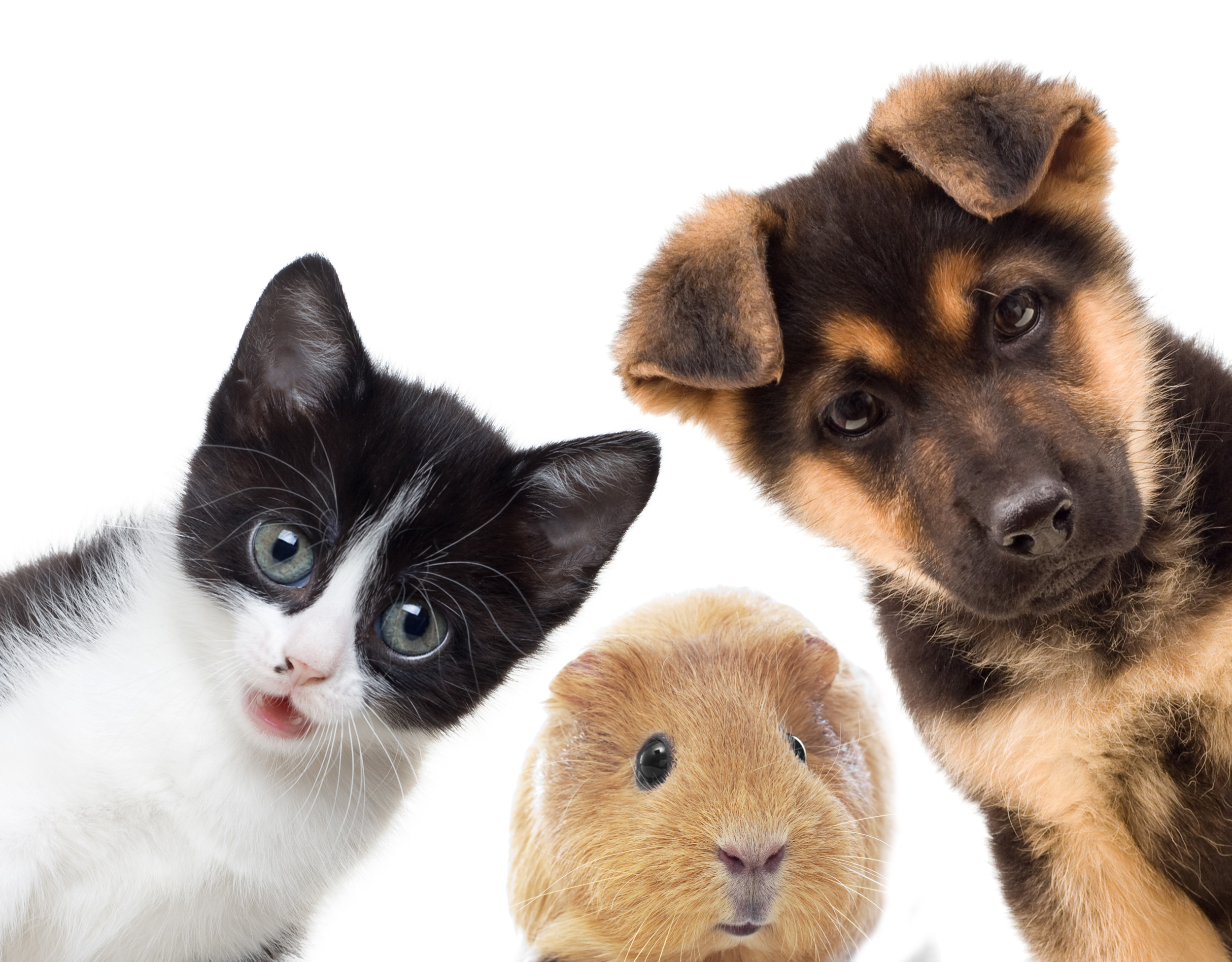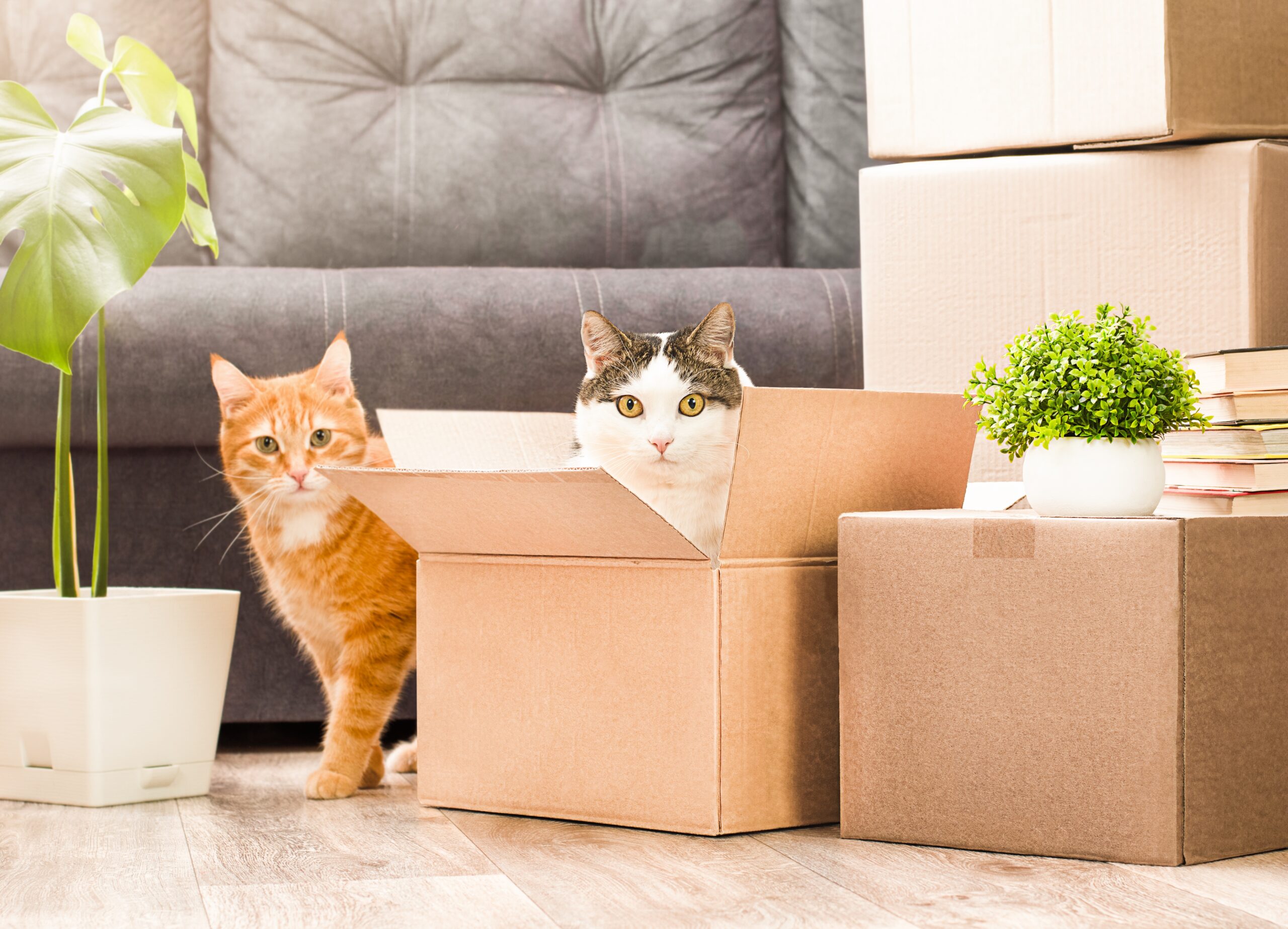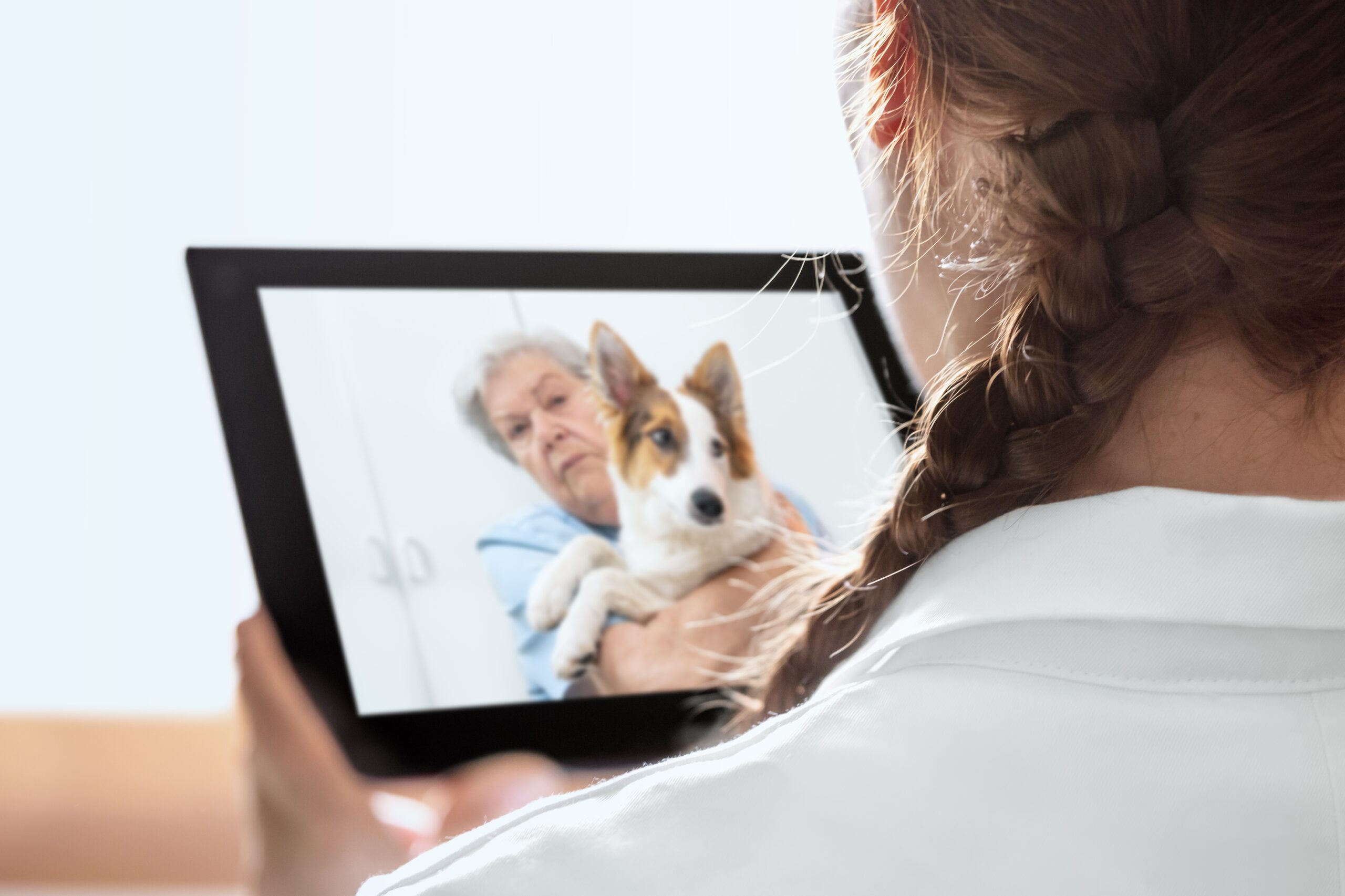Tummy trouble and gastric upset
Tummy troubles in your pet are one of the most common reasons you may need to contact a vet. Gastric upset or gastroenteritis are terms meaning that there is inflammation of the stomach and intestines. It is a general condition covering a range of symptoms and causes. Sudden stomach upsets can be quite alarming. As a pet owner, having some basic knowledge and understanding can be very reassuring.
The clinical signs of a gastric upset can include vomiting, diarrhoea, constipation, abdominal pain, inappetence and lethargy. These symptoms can be present for many reasons. It’s important to remember these are just symptoms that can be caused by a range of health issues, lifestyle changes or even infections.
Some common causes of gastroenteritis include:
- A sudden change in diet
- Eating an uncommon food stuff
- Ingestion of a foreign body that could be causing a blockage.
- A virus or bacterial infection
- Accidentally eating something toxic, poisonous, or contaminated
- Intestinal parasites
- Trauma to the abdomen
- Pancreatitis
- Reaction to medication
Management of gastric upset
Some symptoms can be managed at home but there are certain risk factors for your pet depending on their age, weight, and lifestyle. If your pet is very young or elderly or they have symptoms along with a distended abdomen, then we would always recommend seeking veterinary advice straight away. Young puppies and kittens are much more vulnerable to infection and complications, so its advisable to vigilant with these symptoms if your pet is very young. If your pet is lethargic or unwilling to eat and drink, then again veterinary advice should be sought straight away.
Often the best initial management for tummy troubles / gastric upsets is dietary. The general recommendation for adult cats and dogs that are bright and otherwise well with diarrhoea, is to feed their normal food little and often. Little and often feeding keeps the intestines moving and should help the faeces firm up more quickly. It’s best not to change the type of food for your pet at this point, as their gut bacteria are adapted to the food that they normally eat and will be in a healthy balance. Changes to normal feeding at this point can negatively affect these bacteria and slow down recovery times as bacteria relocate away from the gut or become unbalanced. This feeding also means that the specific nutrient requirements of your pet are being met throughout the upset which is vital.
For otherwise well vomiting pets, its best to give them a period without food to allow time for the gut to start to settle. Its generally advisable to withhold food no longer than 4-6 hours from their last meal, depending on the pet’s age. If vomiting has stopped, we would then reintroduce food very slowly, as you would for diarrhoea, little and often. If you pet seems to be improving, then we can gradually transition them back to their normal feeding pattern after about 2 – 3 days. In all cases ensure your pet has access to fresh water.
Toxins and causes for concern.
There are many items we have in everyday life that are in fact toxic to pets . All of the items below can cause tummy troubles:
- Grapes/raisins
- Chocolate
- Onions/garlic
- Xylitol (found in sugar free chewing gum, sweets or even some peanut butters)
- Ibuprofen for dogs and paracetamol for cats
- Spring bulbs and plants like daffodils and crocus
- Lilies for cats
- Alcohol
If you think your pet may have eaten something poisonous or anything unknown, then time is of the essence. Seek veterinary attention for your pet immediately regardless of whether they seem well currently. If your pet has ingested a foreign object such as a toy or other chewed object again its vital not to wait for symptoms. Speak to your vet team as soon as possible for further advice.
There are many reasons for stomach upsets. Although they can be initially alarming, with some basic knowledge you can help to support your pet and aid in their recovery. If there is no improvement or any deterioration in their condition at any point, then it’s advisable to seek veterinary attention as soon as possible.
